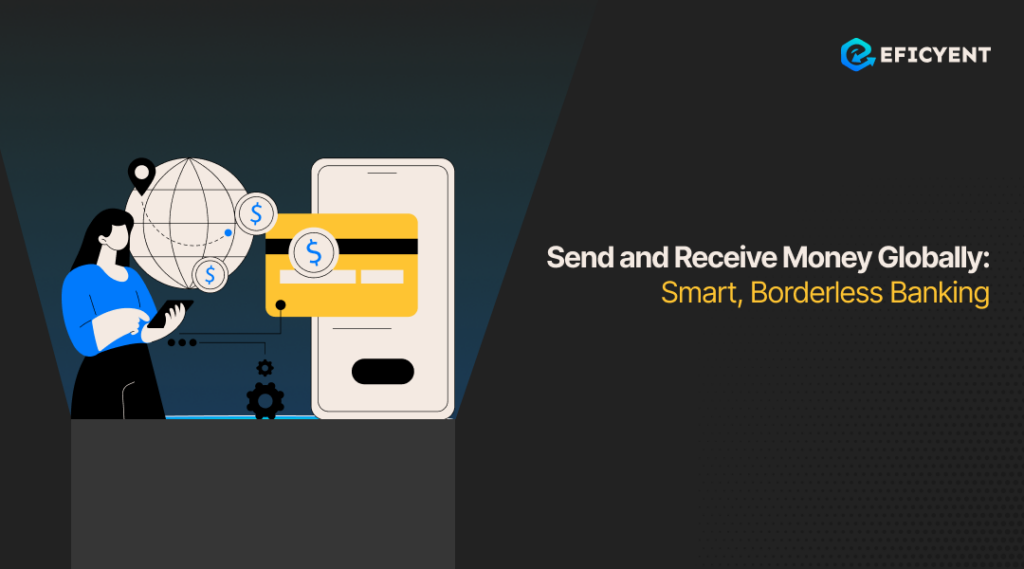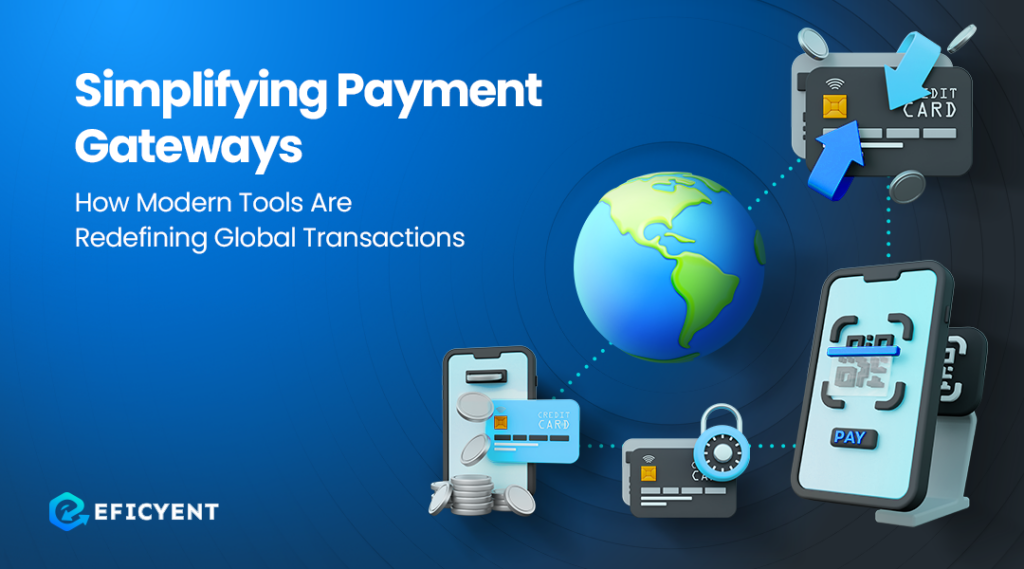Send and Receive Money Globally: Smart, Borderless Banking
In the modern globalized world, the facility to send and receive money globally is being seen as an essential tool for individuals and companies alike. Effective systems are being employed to facilitate smooth international payment without the usual constraints of geography and high charges. With a focus on global payments , new solutions are being adopted that make cross border payments easy and ensure that each international payment is made hassle-free. The Emergence of Borderless Banking The old banking practices were always linked to delays, surprise charges, and complicated procedures. But today’s technology has made the world of send and receive money globally change completely. It is said that digital platforms have been created to provide transparency and swiftness, making global payments quicker and more economical. As these platforms emerged, personal and business transactions were redefined, and cross border payments became more accessible. It is seen that the rise in electronic payment solutions has made way for a new era of banking. There is now a focus on making international payment processes easy, so that money is transferred securely and quickly. Through these innovations, the world of finance is being transformed into a borderless network facilitating smooth money transfers all over the world. Advantages of Sending and Receiving Money Globally Greater Speed and Efficiency Transactions are said to be taking minutes, not days. Cross-border payments are processed quickly, so that money is delivered to recipients without delay. This speed is being enjoyed by companies that depend on timely cash flow and by people who want to send money urgently to relatives or friends overseas. Lower Costs and Transparent Fees It is reported that the fees charged for traditional cross border payments have been brought down quite a lot by online platforms. Lower charges and competitive exchange rates are being provided, making it possible for users to send and receive money across the world without having to pay very high charges. Transparent fee structures are being offered so that users get to see clearly what they are being charged per transaction. More Security Features Security is always a prime concern in online transactions. It is guaranteed that sophisticated encryption techniques and strong security measures are being utilized by current online platforms. Global payments are secured with multi-level authentication and live monitoring systems, which implies that all international payments are made securely. These practices are used to create trust among the users who use digital means for cross border payments. Convenience and Accessibility It is seen that borderless banking is being made more accessible than ever before. Users are being empowered to access their accounts anywhere in the world through mobile devices and secure online platforms. With facilities that facilitate online money transfer, it is simpler to handle finances, irrespective of location. This ease has revolutionized the process of sending and receiving money, creating new avenues for global trade. How Global Payments Benefit Businesses International businesses have been reported to gain immensely from effective digital payment systems. According to reports, quick international payments are becoming key to sustaining a competitive advantage in the global market. Through the utilization of online platforms, businesses are being facilitated to make payments to suppliers, get paid by customers, and control cash flow in a smooth process. A shortening of processing times has been found to result in improved financial planning and enhanced operational effectiveness. Cross border payments are being integrated into enterprise systems, enabling automated workflows that reduce errors and administrative costs. Businesses are hence being enabled to devote more time to improving and growing, as opposed to managing financial logistics. The Future of Global Money Transfers It is predicted that the future of making and receiving money all over the world will be fueled by further development in digital banking technology. Innovation like blockchain adoption and AI-based transaction management is predicted to further simplify global payments. These developments are being tested by industry leaders, and it is hoped that they will lead to even speedier, more secure, and less expensive international payment processes. By accepting these innovations, individuals and companies alike are set to benefit from much-improved finances in their transactions. The boundaries in global trade and individual remittances are being leveled, opening the door to a genuinely borderless economy. Conclusion It has been shown that the ability to send and receive money globally is transforming the nature of international payments. The use of digital solutions for global payments has streamlined cross border payments to become more efficient, secure, and cost-effective. Whether it is for individual remittances or commercial transactions, the future of international payment is in the ease and speed of contemporary online money transfer services. As the world becomes more advanced, it is expected that digital banking will continue to simplify financial processes and eliminate borders. Welcome the new age of borderless banking and take advantage of quick, cheap, and secure cross border payments. Contact Us Your name Your email Subject Your message (optional) Δ

